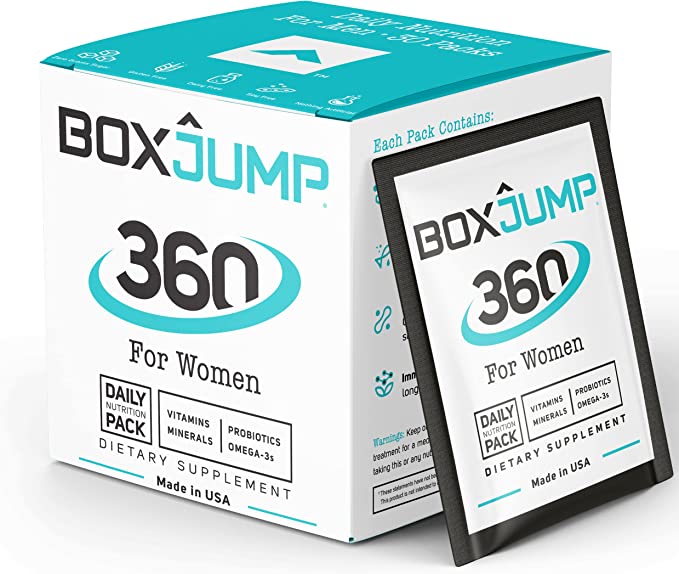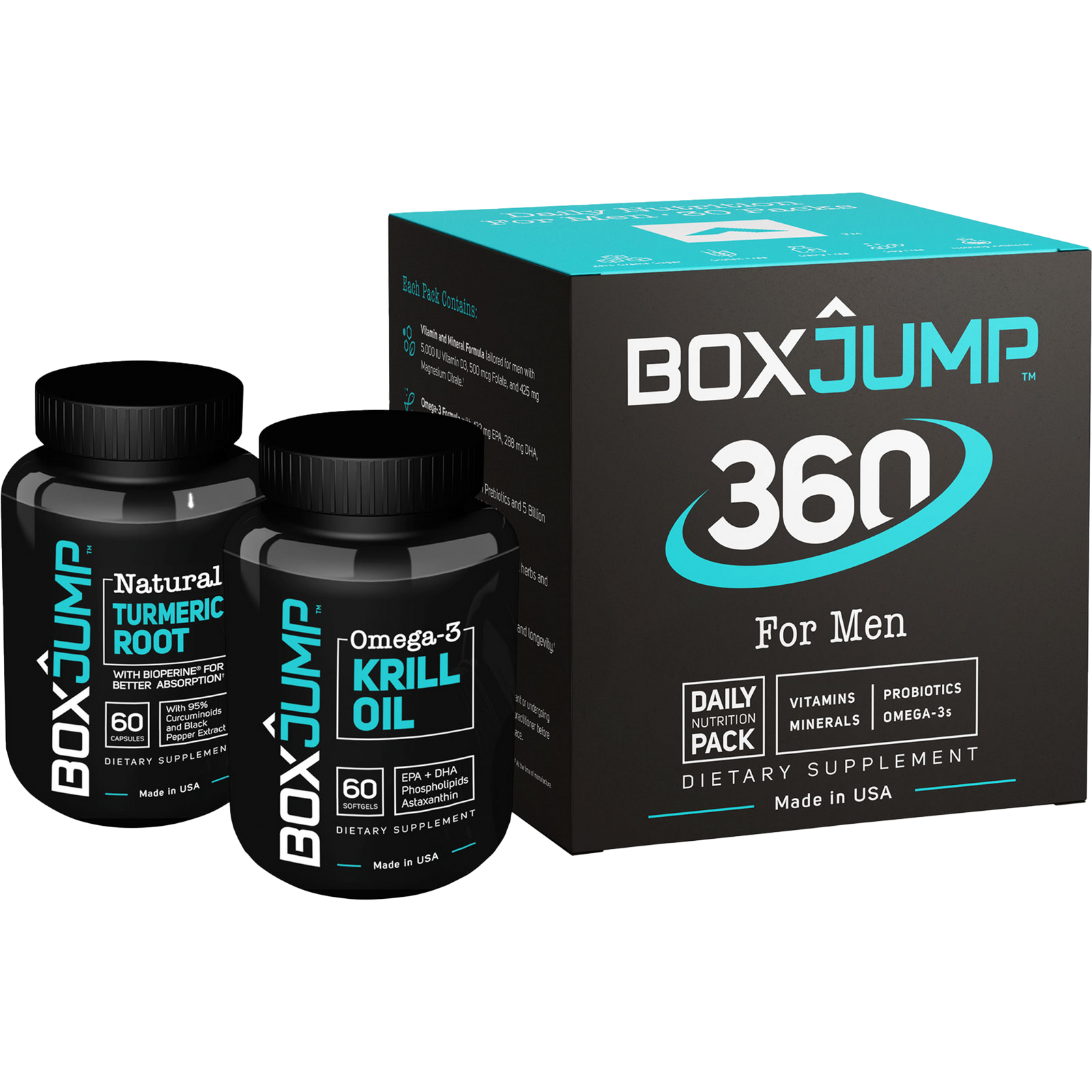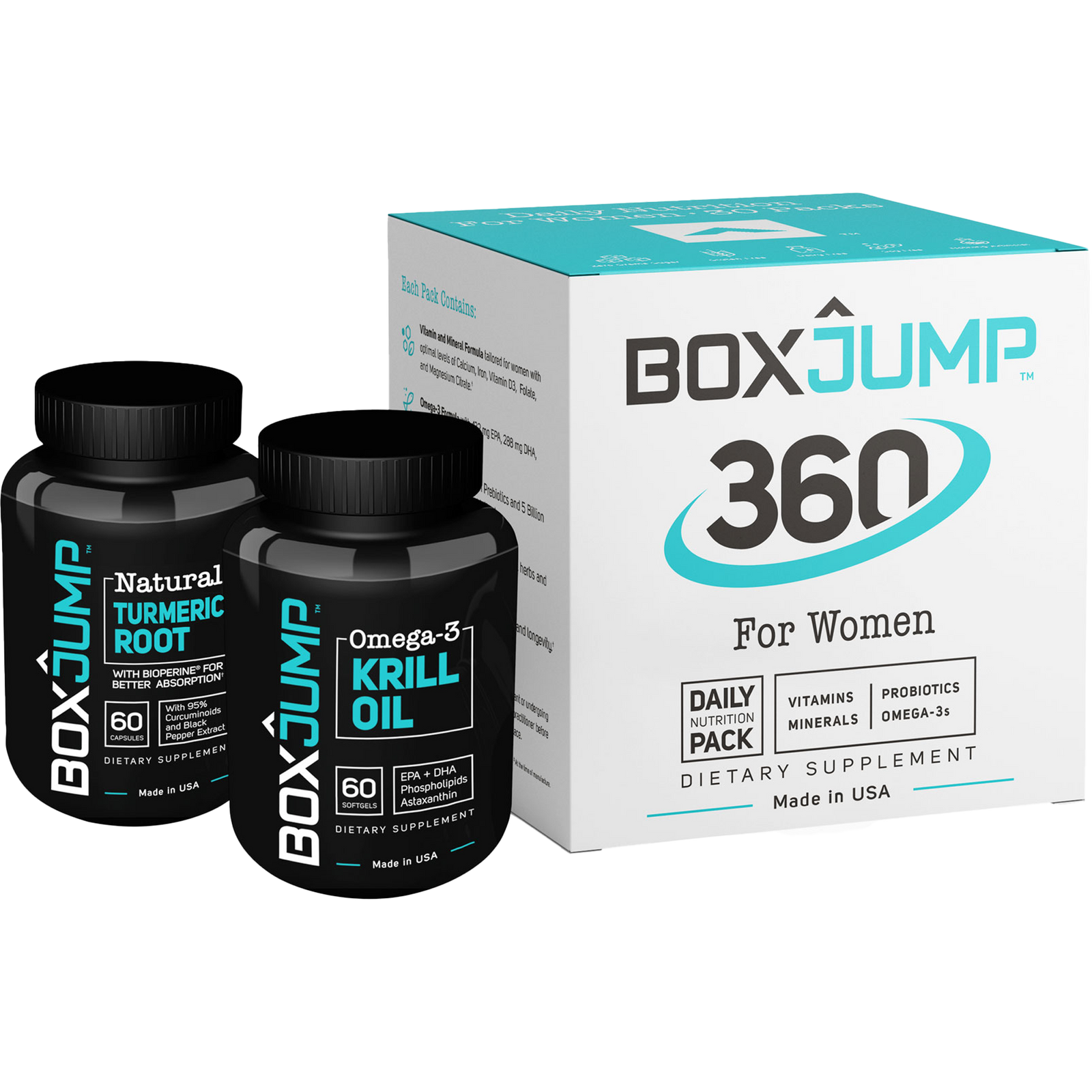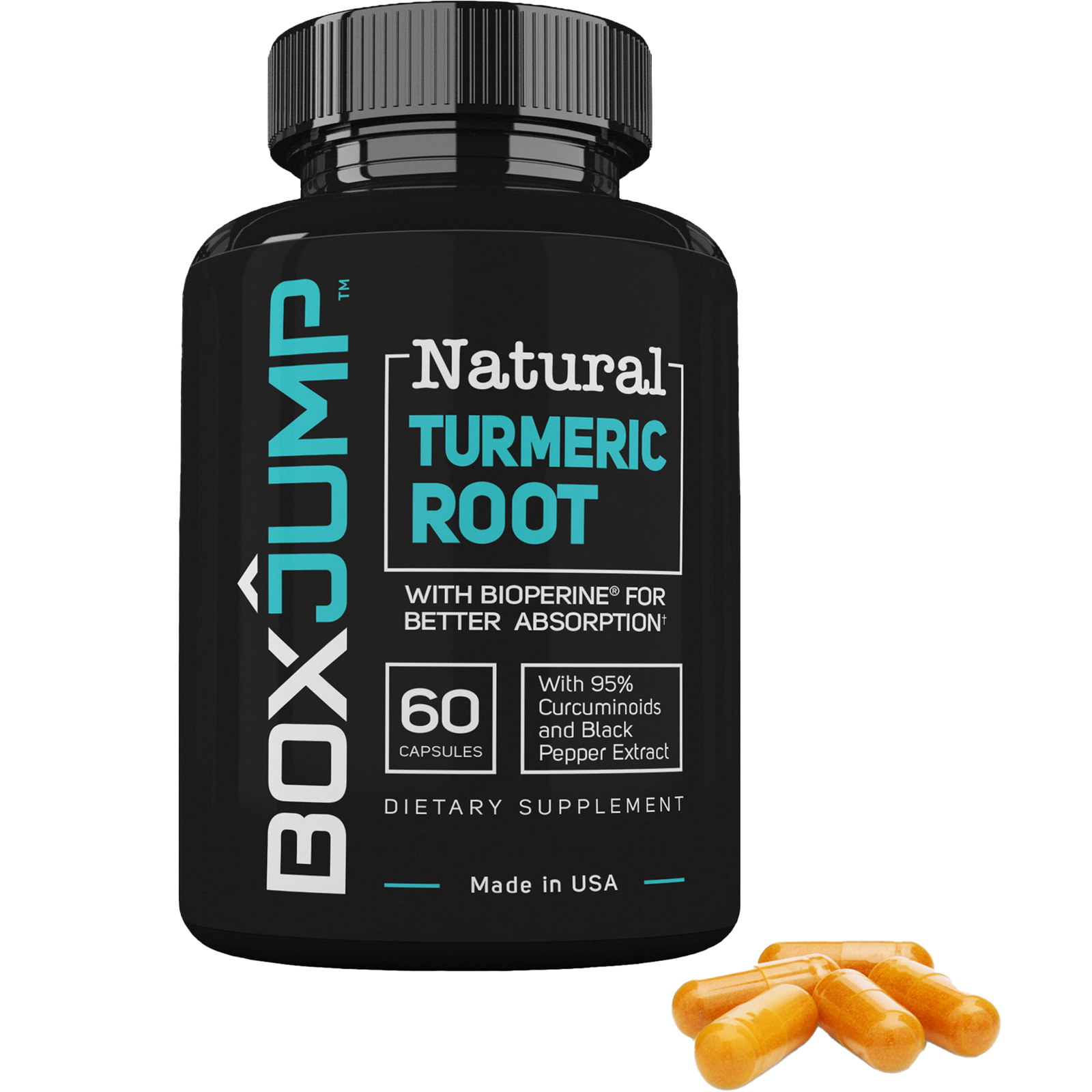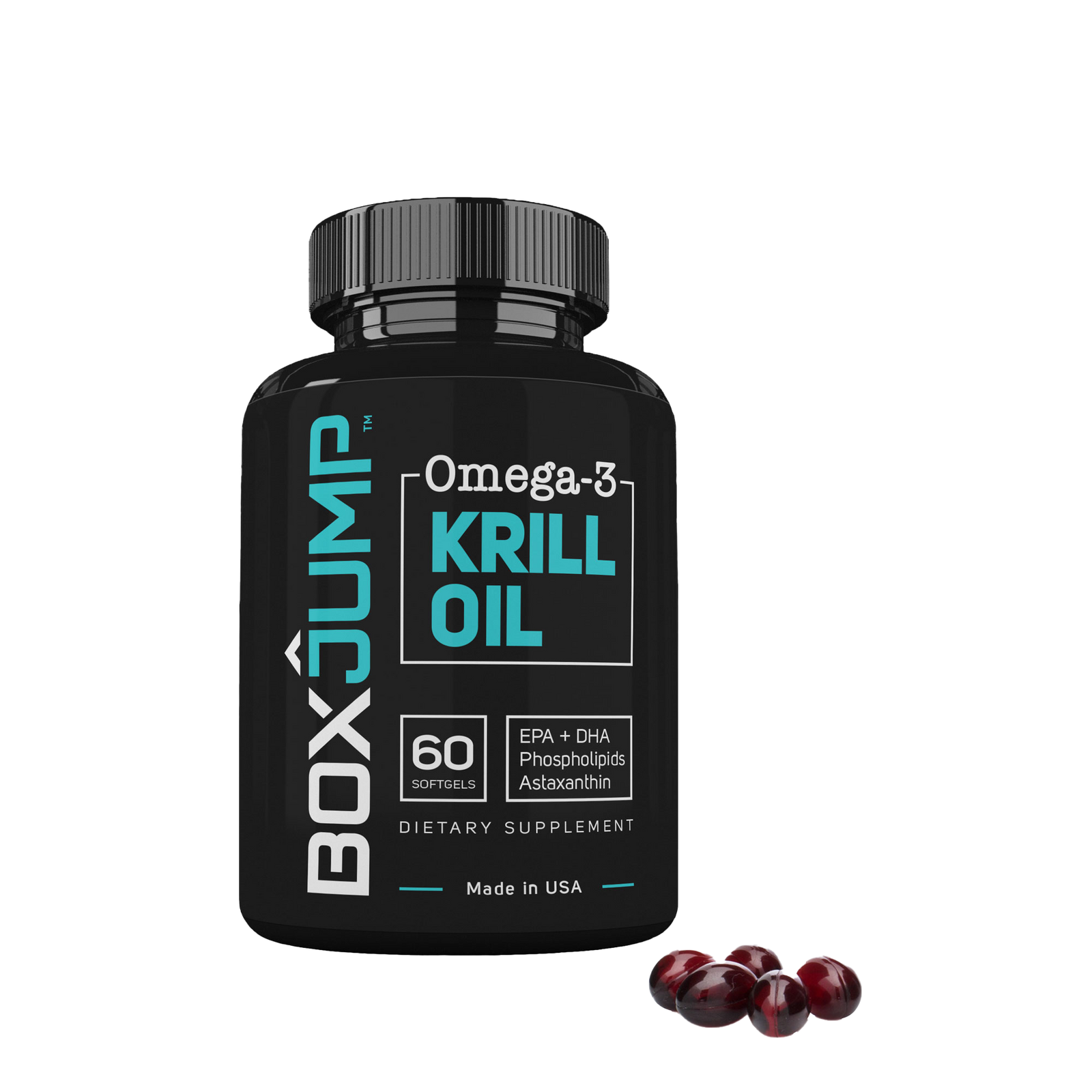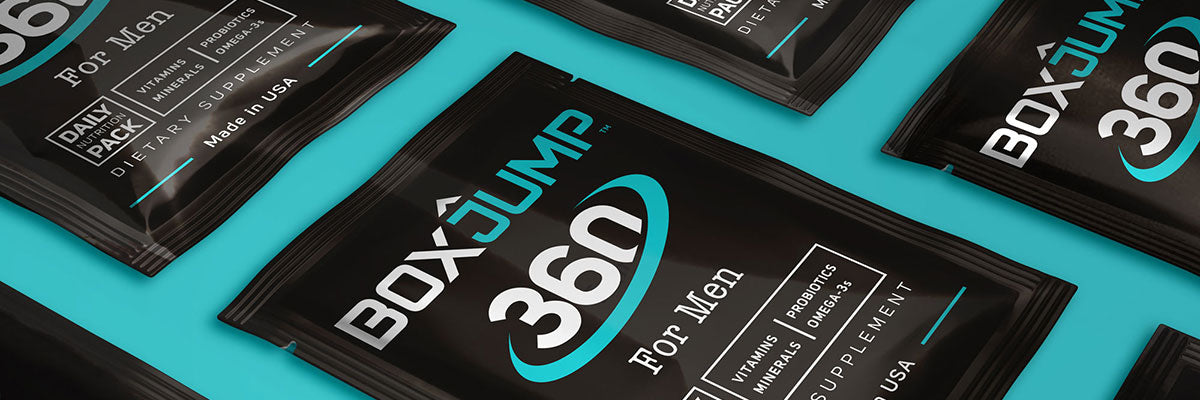If we were to identify the single MOST misunderstood health and nutrition topic, it would be cholesterol. A lot of MDs have less knowledge about cholesterol and nutrition than we would like to believe. And conventional cholesterol beliefs that have been recited for decades are simply WRONG. Even amongst people that are relatively well-versed in health and nutrition, we frequently hear misinformed comments like “I would order the prime rib, but my cholesterol will go through the roof!” or “My doctor says my cholesterol is over 200, so I need to lay off the butter and eat a low-fat diet.”
Cholesterol is not exactly the foreboding boogeyman we once thought. Cholesterol plays an important role in critical bodily functions and health. But for now, let’s stay focused on debunking one myth: Cholesterol is NOT a good indicator of heart disease risk. A recent study of 136,905 patients hospitalized for heart attack show that nearly 75 percent of them had cholesterol levels below the national cholesterol guidelines that indicate a high risk for a cardiovascular event.
Here is what we know about cholesterol, with little controversy:
1) A total cholesterol number by itself is NOT a good indicator of cardiovascular health. HDL-to-LDL ratios are a little more helpful. Traditionally, HDL has been considered the “good” cholesterol. So if your HDL to LDL ratio is high, that’s a good sign. A high HDL count also increases total cholesterol count, which is part of the reason why total cholesterol alone not a good indicator of cardiovascular risk.
2) Exercise has been proven to increase HDL levels. Again, this is a good thing.
3) Cholesterol is not entirely bad for us. It’s a critical component in hormone production, cell development, and metabolism.
4) Heredity/DNA is a major factor in blood cholesterol levels. Some people simply have naturally higher cholesterol levels than others.
From there it gets a little more debatable, but research is stacking up every day to support these points:
1) Not all LDL cholesterol is “bad” cholesterol. There are multiple kinds of LDL: large/buoyant and small/dense. Large/buoyant LDL is good. It transports critical components to our cells via the bloodstream and then returns to the liver, where it gets recycled. Small/dense LDL is the dangerous type of cholesterol that can get stuck in the arteries and eventually cause heart disease. Traditional cholesterol tests, called Lipid Panels, do not provide this level of detail. Several providers will provide these more detailed tests, including LabCorp and Quest Diagnostics (BoxJump has no affiliation with either). A doctor can order these tests, which are often called Lipo Profile Tests or LPP Tests.
2) The link between saturated fat consumption and increased heart disease risk is questionable at best. There is no strong correlation of any kind between dietary cholesterol and blood cholesterol. The human liver produces 1-2 grams of cholesterol every day, which is more than anyone would reasonably ingest in a day.
3) Simple and refined carbohydrates, not saturated fat, seem to be the real dietary link to increased levels of small/dense LDL. If you are concerned about cardiovascular health, you should be much more worried about sugar, white bread, and alcohol consumption than saturated fat consumption. A diet low in sugar and high in saturated fat could be a healthy choice that reduces small/dense LDL levels. However (and this is very important), a diet high in BOTH sugar AND saturated fat may be the worst option when it comes to small/dense LDL levels.
Saturated fat and cholesterol are not dietary boogeymen. Eating cholesterol or saturated fat does not by itself equate high blood cholesterol levels. If there is a dietary boogeyman, it is probably sugar. And if you have a high total blood cholesterol count, it is not necessarily the bad news you once would have thought. It simply merits further investigation.


